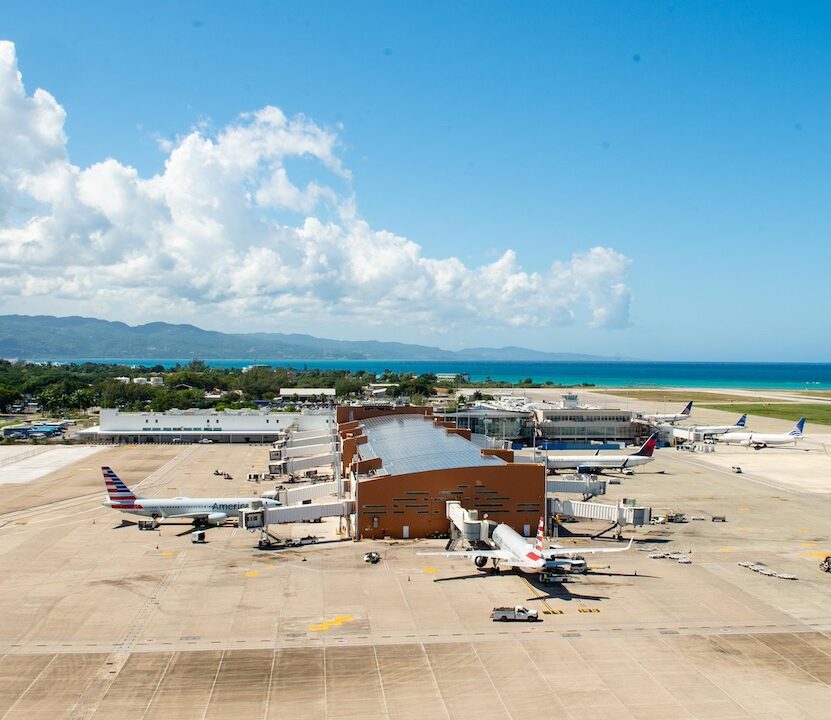
The Role of an Airport Management Company in Modern Aviation
As the aviation industry continues to expand, the need for efficient and well-organized operations becomes more critical than ever. An airport management company plays a central role in ensuring that airports function smoothly, safely, and profitably. These companies provide a wide range of services that go far beyond day-to-day operations, impacting every aspect of airport performance.
One of the core responsibilities of an airport management company is overseeing airport operations. This includes managing airside and landside activities, ensuring compliance with safety standards, coordinating with airlines, and handling emergencies. From gate assignments to baggage handling and security coordination, the operations team ensures that all functions are carried out with precision.
In addition to daily operations, management companies are also involved in long-term strategic planning. This may include capital improvements, infrastructure development, and technology upgrades. By applying a forward-thinking approach, these companies help airports stay competitive and prepared for future passenger demand and regulatory changes. Planning also encompasses airport terminal design consulting and facility upgrades that support growth and efficiency.
Airport management companies are instrumental in optimizing commercial potential. They work on commercial planning and revenue strategy, helping airports generate income through parking, concessions, advertising, and real estate development. Leasing and procurement support for retail vendors is a major function, ensuring that concessions are aligned with both passenger expectations and airport financial goals.
Financial performance is another important focus area. These companies are often responsible for budgeting, forecasting, and cost control. Strategic advisory services help airports make smart investment decisions that balance quality service delivery with profitability. Benchmarking and key performance indicators (KPIs) are used to measure success and identify areas for improvement.
Customer satisfaction is also a growing priority. An airport management company often takes the lead in guest experience programs, ensuring that passengers have a smooth, comfortable, and enjoyable journey. From wayfinding signage to amenities and digital tools, the goal is to enhance every touchpoint in the customer journey.
Sustainability is another area where management companies offer value. With growing attention to environmental impact, airports are seeking greener practices and energy-efficient solutions. Management companies help implement sustainable design, waste reduction systems, and eco-friendly transportation options that align with global environmental goals.
In smaller or regional airports, management firms also play a consulting role. Small and mid-sized airport strategic consulting is focused on helping these facilities thrive with limited resources. These services often include operational assessments, community engagement, and tailored growth strategies that reflect local needs.
Technology integration is a key part of modern management practices. From self-service kiosks to smart terminal systems and real-time analytics, technology supports faster, safer, and more reliable airport operations. Management companies help airports identify and implement the right tools to improve performance and customer satisfaction.
Overall, an airport management company acts as the backbone of an airport’s success. By providing expert leadership, strategic insight, and operational efficiency, these companies ensure that airports deliver value to travelers, airlines, and stakeholders alike. As the demands of air travel continue to grow, the role of management firms becomes even more essential to the future of aviation.
Vantage Group
295 Madison Avenue, Suite 1125, New York, NY 10017
604-269-0080
https://www.vantagegroup.com/
Connect with us on your favorite platforms